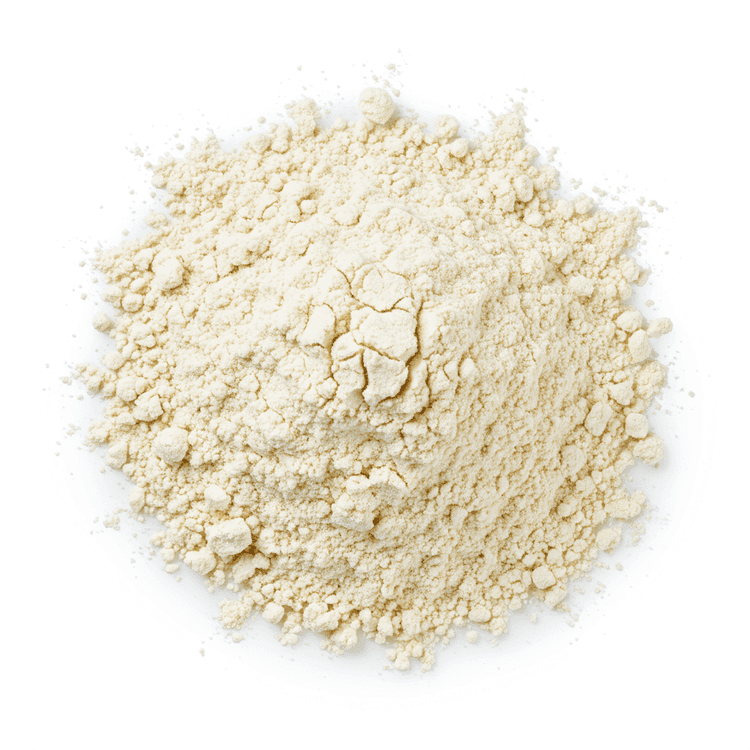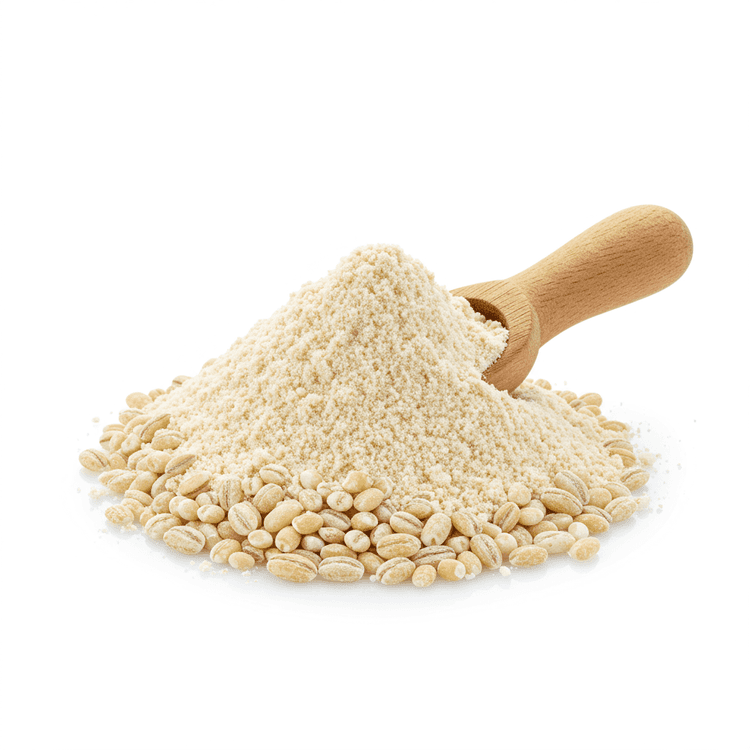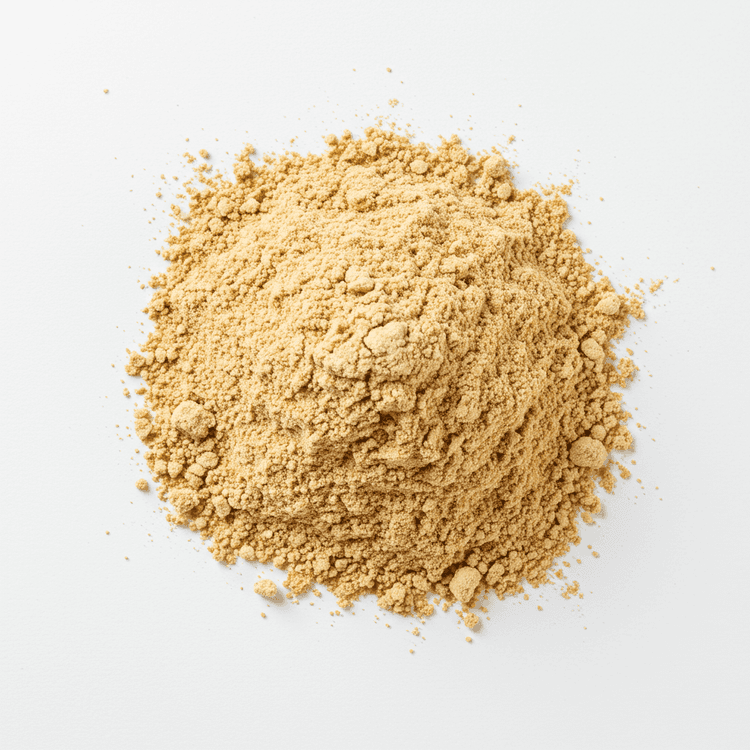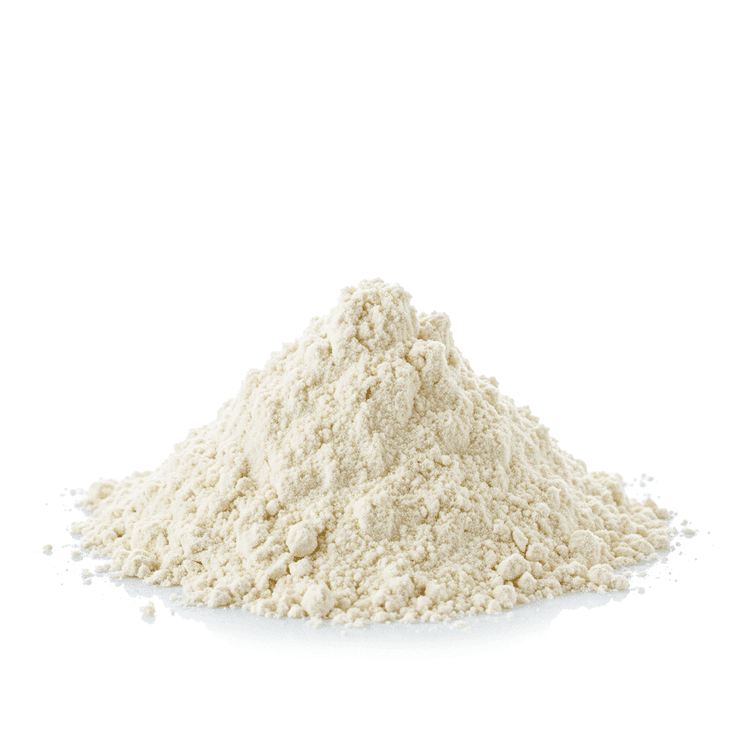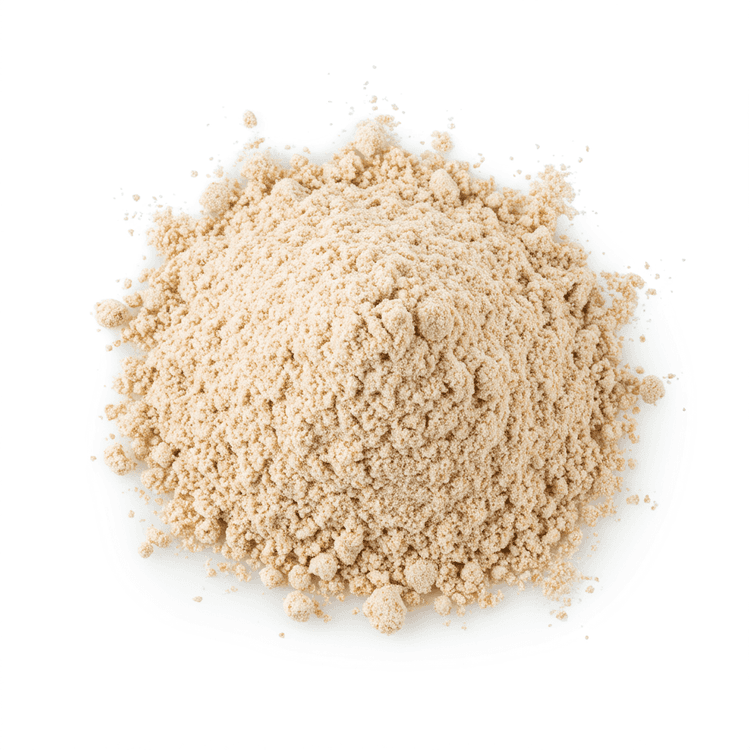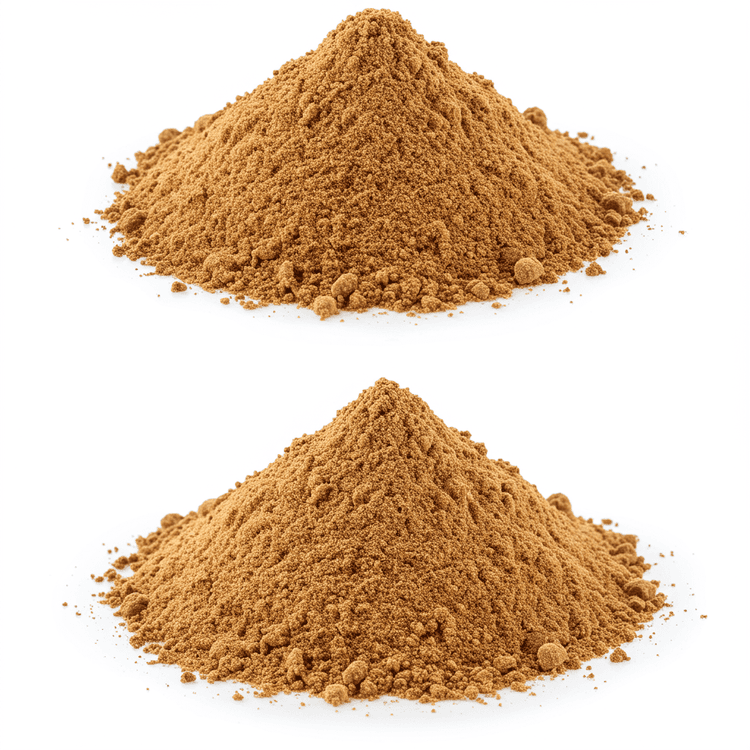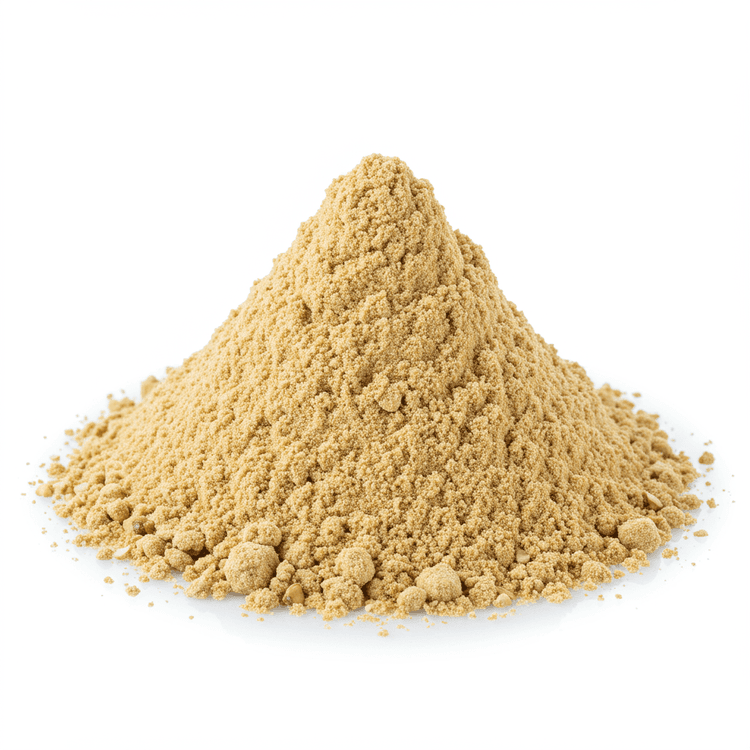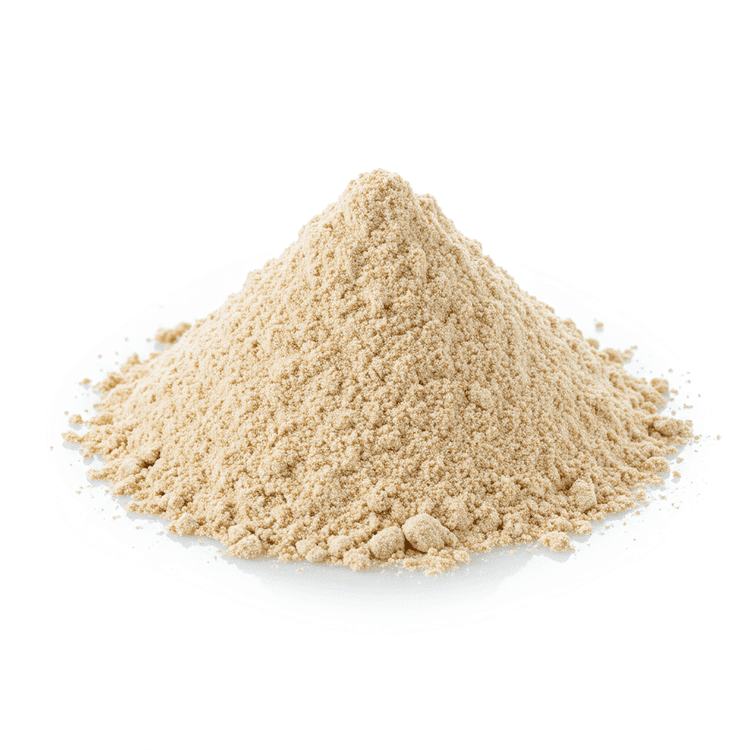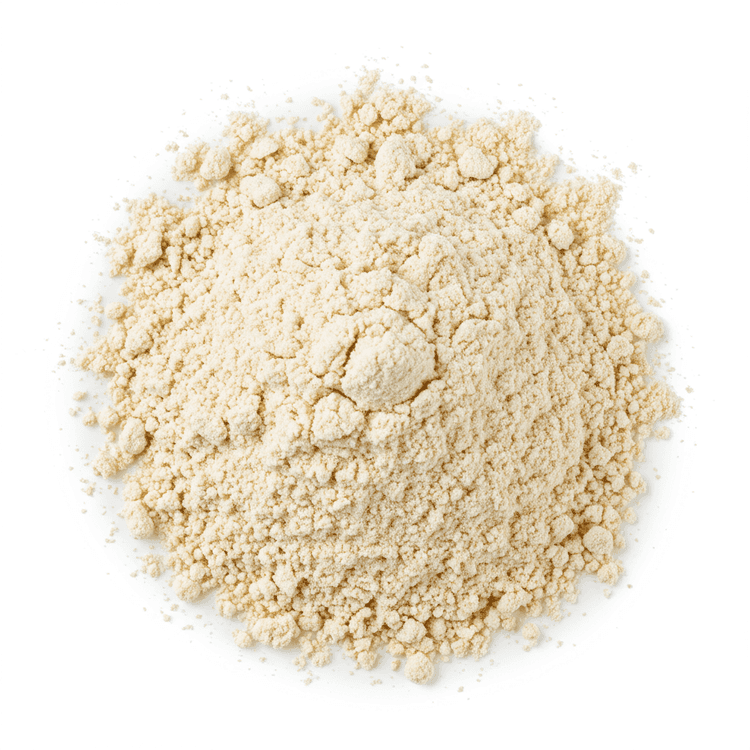
Rye Flour
Rye flour, a nutritious and flavorful alternative to wheat flour, boasts a distinctive earthy and slightly tangy taste. Its texture ranges from light to heavy, depending on the milling process, and its color varies from light tan to dark brown. This versatile grain imparts a unique character to baked goods, making it a popular choice for bakers seeking to add depth and complexity to their recipes. Rye flour is widely used in baking dark breads and is an excellent source of fiber, making it a healthy and delicious addition to your culinary repertoire.
Common Uses
- Rye flour is ideal for baking dense, flavorful rye bread, known for its characteristic tang and chewy texture. Its low gluten content contributes to the bread's distinctive crumb and hearty taste.
- Use rye flour in combination with wheat flour to add a subtle rye flavor to cookies, muffins, and other quick breads. The addition of rye flour enhances the overall taste and texture, creating a more complex and interesting baked good.
- Rye flour can be used to make traditional Scandinavian crispbreads, providing a sturdy and flavorful base for toppings. The coarse texture of some rye flours adds to the rustic appeal of these baked goods.
- Incorporate rye flour into pancake and waffle batter for a heartier and more flavorful breakfast. The nutty notes of rye flour complement sweet and savory toppings alike.
- Rye flour serves as an excellent thickening agent for sauces and gravies. Its slightly coarse texture adds body and depth to the sauce, while its unique flavor enhances the overall taste profile.
- Add rye flour to pizza dough recipes to enhance the flavor profile and create a chewier, more rustic crust. A small percentage of rye flour can add a lot of character to your homemade pizzas.
Nutrition (per serving)
Nutrition (per serving)
Calories
338.0kcal (16.9%)
Protein
10.7g (21.36%)
Carbs
72.6g (26.39%)
Sugars
1.0g (2.04%)
Healthy Fat
1.0g
Unhealthy Fat
0.2g
% Daily Value based on a 2000 calorie diet
Nutrition (per serving)
Calories
338.0kcal (16.9%)
Protein
10.7g (21.36%)
Carbs
72.6g (26.39%)
Sugars
1.0g (2.04%)
Healthy Fat
1.0g
Unhealthy Fat
0.2g
% Daily Value based on a 2000 calorie diet
Health Benefits
- Rich in fiber, promoting digestive health and regularity.
- May help regulate blood sugar levels due to its low glycemic index.
- Good source of minerals like magnesium, phosphorus, and iron, essential for various bodily functions.
- Contains antioxidants, which help protect cells from damage caused by free radicals.
- Can contribute to heart health by helping to lower cholesterol levels.
Substitutes
Chefadora AI is here.
Experience smarter, stress-free cooking.
Storage Tips
Rye flour should be stored in an airtight container in a cool, dark, and dry place to prevent it from going rancid or attracting pests. For short-term storage (up to a few months), a pantry or cupboard away from heat sources is suitable. For longer storage (6-12 months), refrigerating the flour is recommended. For extended storage beyond a year, freezing rye flour is the best option. Allow frozen flour to come to room temperature before using to prevent clumping.
Marnirni-apinthi Building, Lot Fourteen,
North Terrace, Adelaide, South Australia, 5000
Australia

